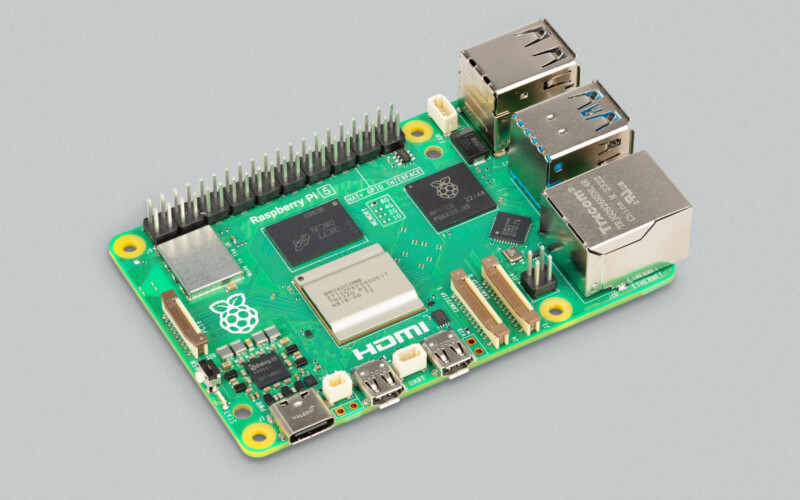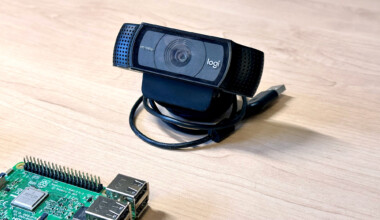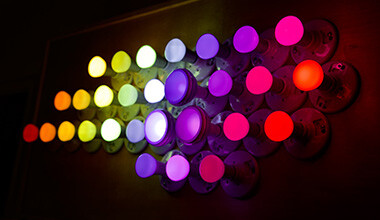The Raspberry Pi 5 was unveiled today, and it’s a decent update, especially if you’re looking for speed improvements over the Raspberry Pi 4.
What Hasn’t Changed
- Same GPIO – The standard Raspberry Pi 40-Pin header
- Same Size – only the size of a credit card!
- Gig Ethernet, Dual-Band WiFi, 2x USB 2.0 and 2x USB 3.0 (now faster), Dual HDMI Outputs
Raspberry Pi 5 Pros (versus Pi 4)
- 2-3x Faster – Speed updates across the board! Upgraded CPU, GPU, microSD card speed & more
- More Efficient Power Consumption – With identical workloads, the RPi 5 consumes less power and gets less hot than the Pi 4.
- Power Button
- Dedicated Cooling (Fan) Pins
- Added HDR Support to HDMI outputs
- Faster, Dual Camera/Display Interfaces
- UART / ARM Debug Connector
- Real-Time Clock (Requires a battery to be plugged into a new battery connector)
- PoE Pins are in new location requiring new PoE Hat
- PCIe 2.0 x1 interface for ultra-fast peripherals (this requires a separate M.2 HAT (not yet released) or other adapter)
Cons
- If you’re going to make use of the new speed improvements, you’ll probably need some sort of active cooling.
- Composite audio/video removed however there are two solder pads for composite video
- Price – $60 for 4GB and $80 for 8GB — But they plan on releasing 1GB and 2GB models which should bring the price point for those versions below $40
New Accessories
New Official Case – $10
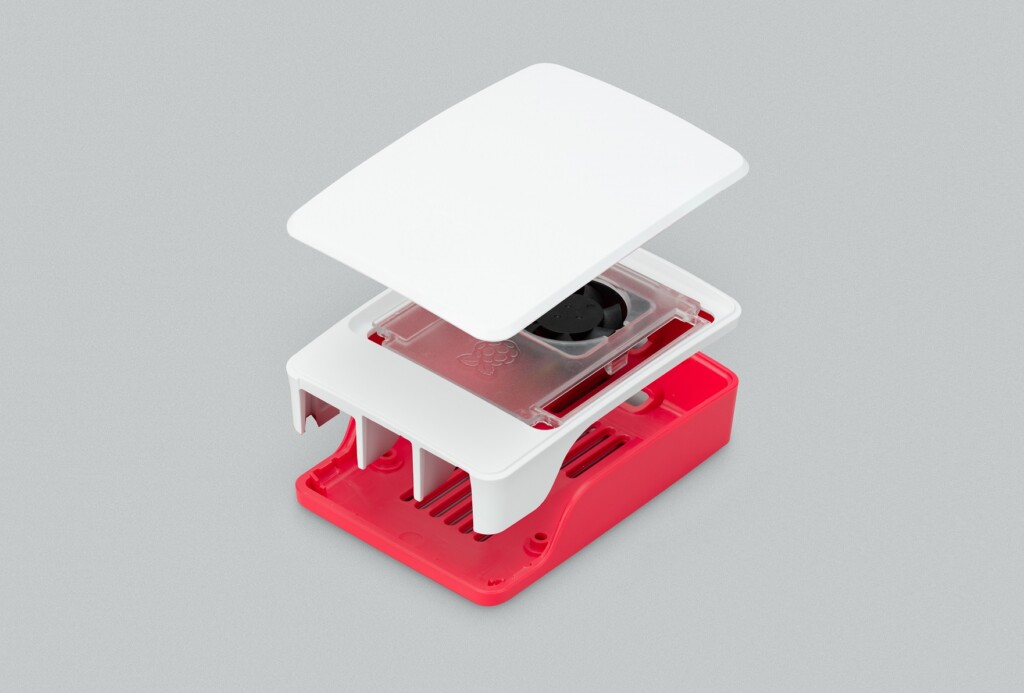
Battery for RTC – $5
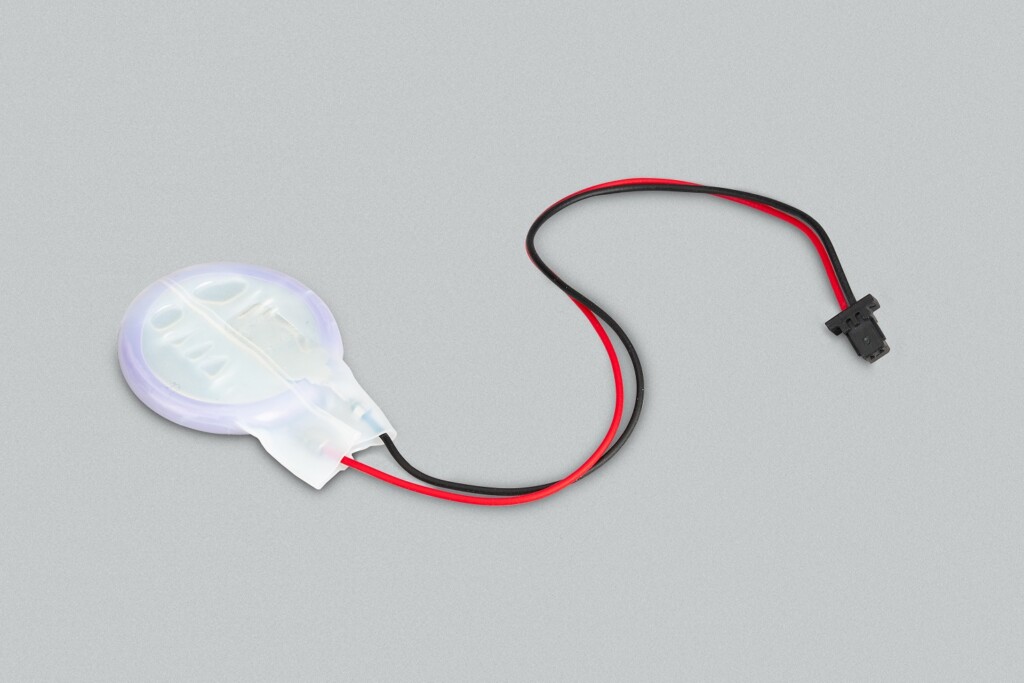
Active cooler for uncased setups – $5
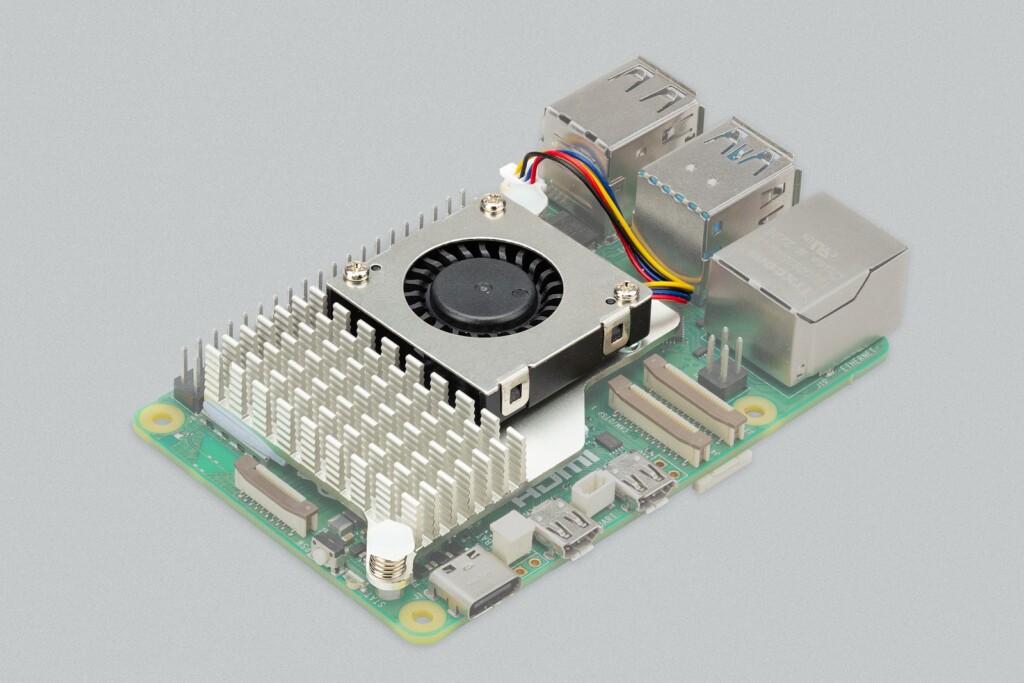
27W USB-C power adapter – $12
With this power supply connected, the pi operates in a 5V, 5A (25W) operating mode, which allots more power to peripherals.
